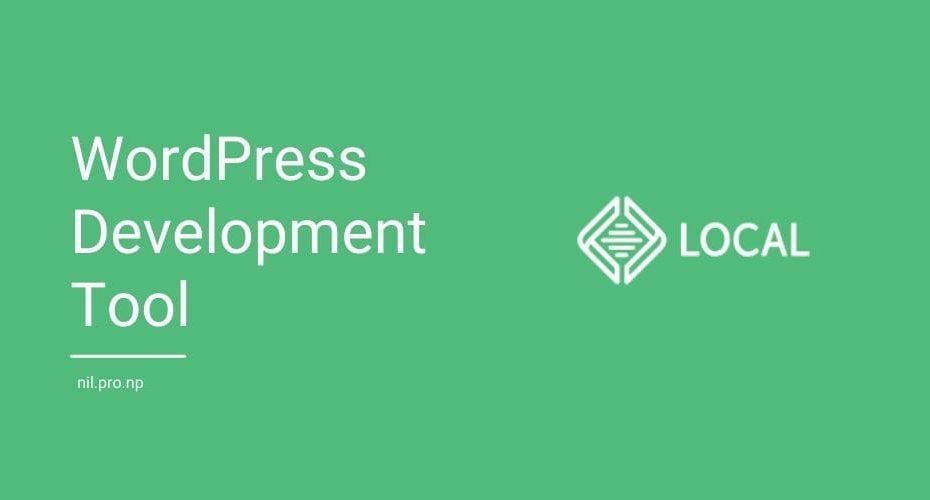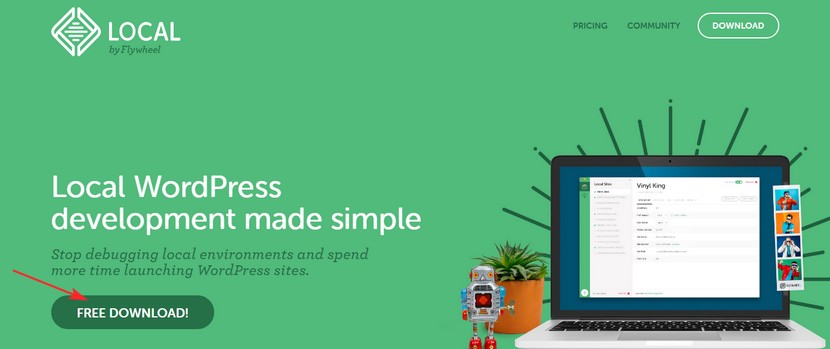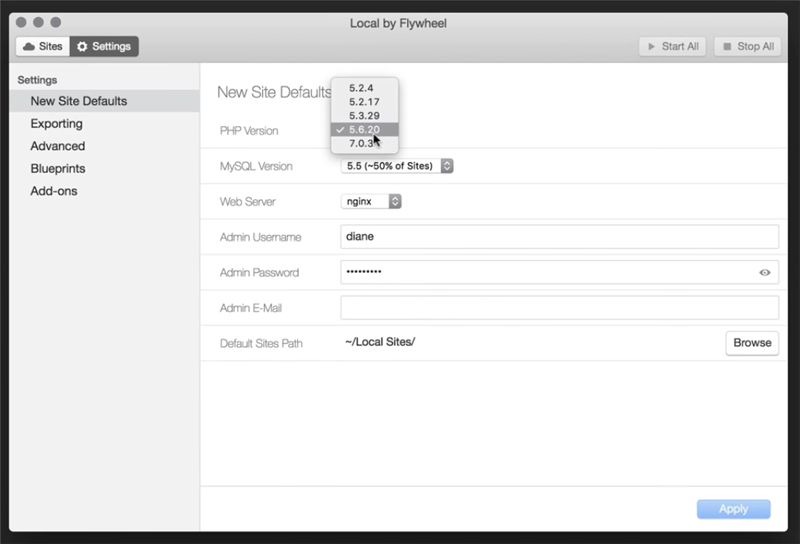
- Local by flywheel wordpress cron jobs how to#
- Local by flywheel wordpress cron jobs install#
- Local by flywheel wordpress cron jobs update#
- Local by flywheel wordpress cron jobs code#
Need to edit mysql configs? You can find it in /home/cyberpanel/.my.cnf.Look for a (potentially) better mysql config? Try this.Also check mysql root password in /usr/local/cyberpanel/settings.py If having database error connection issues, try changing DB user password to match what you have in wp-config.php.Restart database – systemctl start mariadb.Cron schedules – /etc/crontab clear out unnecessary cronjobs eating up server resources (backups).Changing mysql root pass? – edit /etc/cyberpanel/mysqlPassword, home/cyberpanel/.my.cnf, and /root/cyberpanel/CyberCP/settings.py, /usr/local/settings.py, and /usr/local/CyberCP/CyberCP/settings.py.Restart mariadb systemctl restart mariadb.Restart control panel? systemctl restart lscpd.Get phpMyAdmin pass – cat /etc/cyberpanel/mysqlPassword (user is “root”).Need to check errors regarding SSL’s? Go to in your browser.Need to edit SSL’s manually? Look in /etc/letsencrypt/live.SSL not renewing properly – run the acme wget -O - | sh.Or from terminal – cat /home/cyberpanel/error-logs.txt ( log files on CyberPanel).
Local by flywheel wordpress cron jobs update#
Local by flywheel wordpress cron jobs install#
Local by flywheel wordpress cron jobs code#
Have you ever need to run some code when a post status changes? Let us know in the comments below.A handy reference page for common CyberPanel commands and configurations. But you can also hook on various CRON jobs that WordPress (or other plugins) provide for such things. Hooking on post status transitions is the easiest way to handle automation on post changes. The third hook can be used for hooking on a specific post status and post type. The second hook can be used to specifically define which statuses we want to check. The first one can be used as a general hook where we need to do more checks for it. This function provides us with three different hooks. The WordPress core function wp_transition_post_status is used when the post status has changed. We just need to hook on the post transition hook. We don’t have to check for timestamps or hook on the CRON job. This one might be a better or an easier solution to automate your code. We are also checking for the post status and since the core publishing function was already called, we are also accepting the publish status. In this code, we are checking for the timestamp and if it should have been published, we will run our automation code next.

We can use the first part of the code that WordPress uses it to check for the timestamp.

When WordPress schedules a post type, it creates a CRON for the hook publish_future_post. WordPress uses this hook to publish the post.


So, how can we do that? There are two ways I can think of that could work well: notify customers (for example: on a new product).You could use this functionality for other things such as: With my second plugin (the live scores one), I am actually relying on the posts’ date and the WordPress scheduling functionality so I wanted to hook when a post gets published.
Local by flywheel wordpress cron jobs how to#
You can read about scheduling other CRON jobs in my article on how to use WordPress Cron to Schedule Events. For my first plugin, I did not think of that because I was not relying on the Posts’ Date. I’ve come to need such automation with two of my plugins: Simple Giveaways and Live Scores for SportsPress. Let’s see how can we hook on that and automate our code. WordPress offers scheduling of custom post types out of the box. If you’re building plugins or custom solutions, you’ll want to automate some operations when a content gets published. Automating is something that you’ll eventually need when developing.


 0 kommentar(er)
0 kommentar(er)
